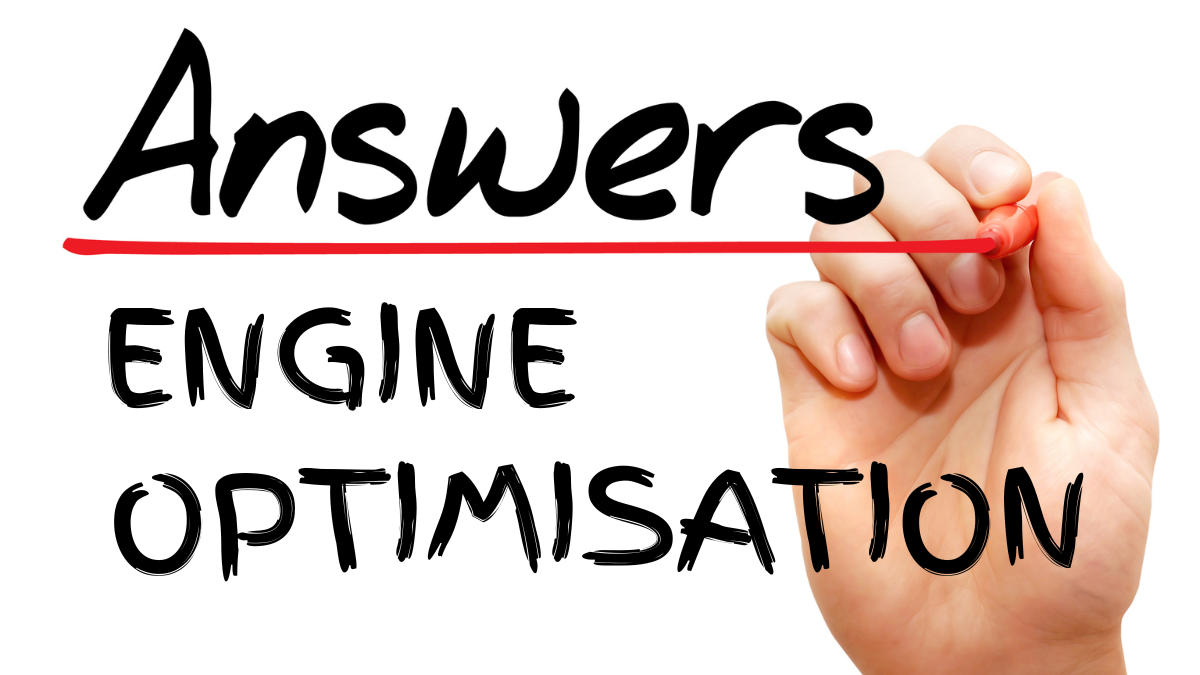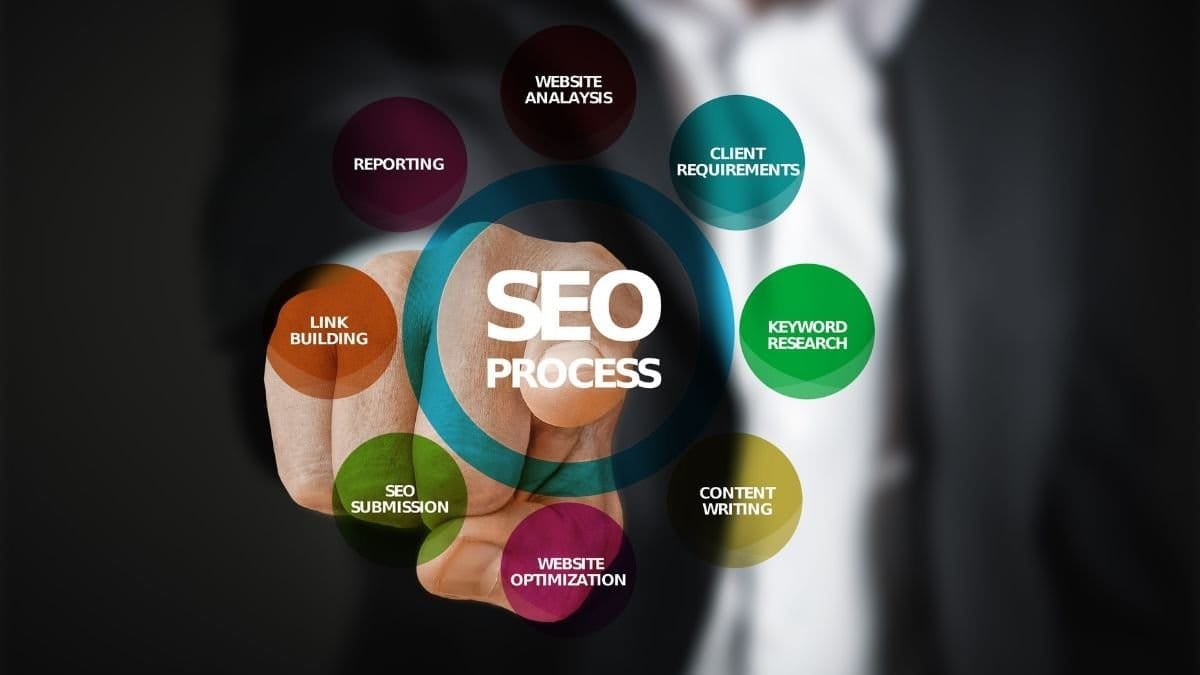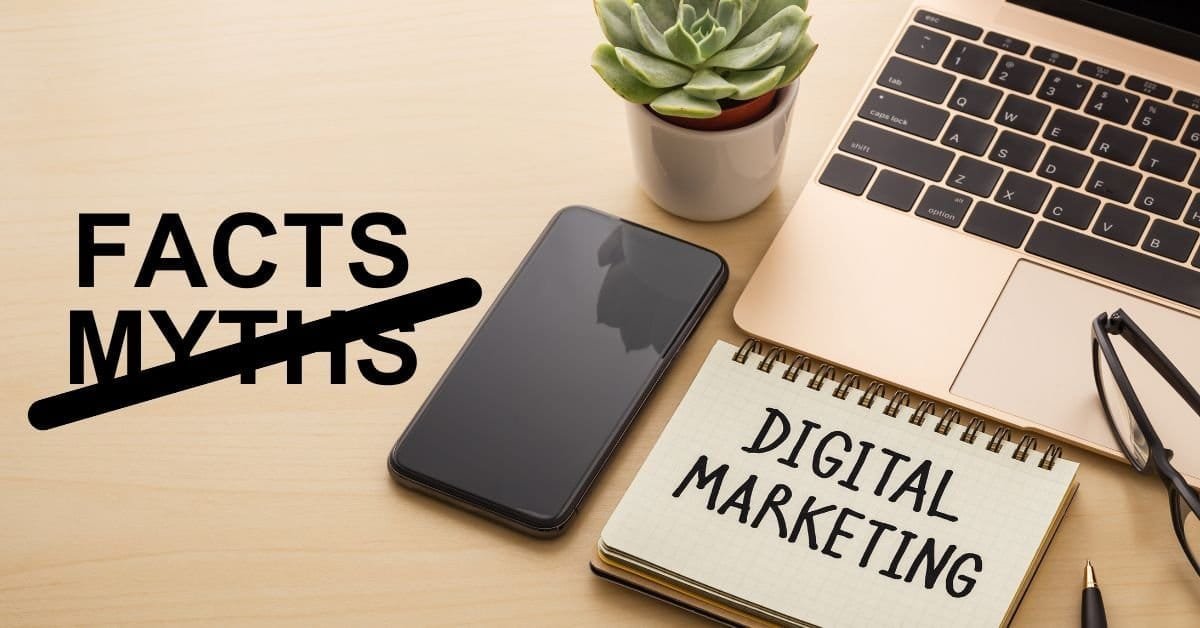Influencer marketing has emerged as a leading digital marketing strategy, enabling brands to connect with their target audiences in authentic and engaging ways. With the widespread adoption of social media platforms and the increasing demand for relatable online content, influencers have become a valuable asset for businesses aiming to build trust, foster loyalty, and drive sales. This guide delves into the importance of influencer marketing, its benefits, challenges, and the role of Key Opinion Leader (KOL) platforms in its evolution.

What is Influencer Marketing?
Influencer marketing is a type of advertising where brands partner with individuals who have a sizable online following—known as influencers—to promote their products or services. Influencers use platforms like Instagram, YouTube, TikTok, and Twitter to connect with their followers and influence their purchasing decisions.
Unlike traditional advertising, influencer marketing focuses on authenticity and relatability. Influencers often promote products that align with their personal brand, making their endorsements feel more genuine and trustworthy. This authenticity resonates with audiences, making influencer marketing a highly effective strategy for building connections and driving engagement.

Why Influencer Marketing is on the Rise
The growth of influencer marketing can be attributed to several key factors:
1. Social Media Dominance
With billions of users worldwide, social media platforms have become a central part of people’s lives. Influencers thrive on these platforms, using engaging content to capture the attention of their audiences.
2. Decline of Traditional Advertising
Consumers are increasingly skeptical of traditional advertising methods, such as TV commercials and banner ads. Influencer marketing, by contrast, feels more personal and relatable, making it more effective at capturing attention and fostering trust.
3. Demand for Authentic Content
Influencers create content that aligns with their audience’s values, interests, and needs. This authenticity makes their recommendations more persuasive, as followers see them as trustworthy figures.
4. Enhanced Targeting Capabilities
Brands can partner with influencers whose followers closely match their target audience. This level of precision ensures that marketing efforts are more effective and cost-efficient.
Benefits of Influencer Marketing
Influencer marketing offers a range of advantages for businesses aiming to improve their online presence and achieve their marketing goals:
1. Increased Brand Awareness
Collaborating with influencers allows brands to reach large, highly engaged audiences, boosting visibility and awareness.
2. Enhanced Credibility and Trust
Influencers build trust with their followers over time. When they endorse a product, their followers are more likely to trust the recommendation, increasing the brand’s credibility.
3. Higher Engagement Rates
Influencers often achieve higher engagement rates compared to traditional ads. Their followers actively interact with posts, comments, and stories, creating meaningful connections with the brand.
4. Cost-Effectiveness
While some influencers charge significant fees, micro and niche influencers can provide excellent ROI with smaller budgets, reaching highly targeted audiences.
5. Improved Conversions
Authentic endorsements from influencers can drive purchasing decisions, leading to higher conversion rates and sales.
6. Measurable Results
Social media platforms offer detailed analytics on campaign performance, including engagement rates, clicks, and conversions.
Challenges in Influencer Marketing
While influencer marketing is highly effective, it comes with its own set of challenges:
1. Finding the Right Influencers
Identifying influencers who align with your brand’s values and have a relevant audience can be time-consuming. This process requires careful research and vetting.
2. Measuring ROI
While platforms provide data on reach and engagement, linking these metrics to actual sales or revenue can be difficult, especially for smaller brands.
3. Managing Relationships
Maintaining strong, professional relationships with influencers is crucial for successful campaigns. Misaligned messaging or conflicts can harm both the influencer’s and the brand’s reputation.
The Rise of Key Opinion Leader (KOL) Platforms
Key Opinion Leader (KOL) platforms have revolutionized influencer marketing by simplifying the process of connecting brands with influencers. These platforms serve as centralized hubs for managing influencer campaigns, offering tools for influencer discovery, campaign management, and performance tracking.
Benefits of KOL Platforms
1. Streamlined Campaign Management
KOL platforms consolidate all aspects of influencer marketing, from finding influencers to tracking campaign performance. This reduces the complexity and time required to manage campaigns.
2. Enhanced Transparency
Brands gain real-time insights into campaign metrics, such as engagement, reach, and conversions, allowing them to make data-driven decisions.
3. Opportunities for Influencers
KOL platforms provide influencers with access to brand partnerships, sponsorship opportunities, and tools to monetize their content.
Popular KOL Platforms
1. WeChat
WeChat is a versatile platform with over one billion users, making it a popular choice for influencer marketing in China. Brands use WeChat to collaborate with influencers and reach a large, engaged audience.
2. Famebit
Famebit connects brands with influencers across platforms like YouTube, Instagram, and TikTok. It offers tools for campaign management, audience targeting, and performance tracking.
3. AspireIQ
AspireIQ allows brands to build long-term relationships with influencers, offering tools for collaboration, content creation, and detailed analytics.
4. Upfluence
Upfluence is a data-driven platform that helps brands identify influencers based on audience demographics, engagement rates, and niche relevance.
Best Practices for Influencer Marketing
To maximize the effectiveness of influencer marketing, follow these best practices:
1. Set Clear Goals
Define what you want to achieve, such as increasing brand awareness, driving website traffic, or boosting sales.
2. Choose the Right Influencers
Look for influencers whose values align with your brand and whose audience matches your target demographic.
3. Develop Authentic Partnerships
Collaborate with influencers to create content that feels genuine and aligns with their personal style.
4. Track Performance Metrics
Use analytics tools to monitor engagement, reach, and conversions. Adjust your strategy based on data insights.
5. Focus on Long-Term Relationships
Building long-term partnerships with influencers fosters trust and consistency, leading to better results over time.
Future Trends in Influencer Marketing
As influencer marketing continues to evolve, these trends are shaping its future:
-
AI-Powered Influencer Matching
AI tools are making it easier to identify influencers based on precise criteria like audience behavior and campaign objectives. -
Rise of Micro-Influencers
Micro-influencers, with smaller but highly engaged followings, are becoming increasingly popular for their authenticity and affordability. -
Interactive Content
Influencers are leveraging interactive content, such as polls and quizzes, to engage their audience and gather valuable feedback for brands. -
Diversification Across Platforms
Brands are exploring emerging platforms like Twitch, Clubhouse, and Pinterest for influencer marketing campaigns.
Conclusion
Influencer marketing has become an essential strategy for brands seeking to connect with their audience authentically and effectively. While challenges like finding the right influencers and measuring ROI exist, the rise of KOL platforms has streamlined the process, making it more accessible and data-driven.
By carefully selecting influencers, developing authentic campaigns, and leveraging analytics tools, brands can build trust, foster engagement, and achieve their marketing goals. With the continuous evolution of social media and influencer trends, businesses that embrace influencer marketing will remain ahead in the competitive digital landscape.
Ready to leverage influencer marketing for your brand? Start building authentic connections and driving real results today!













